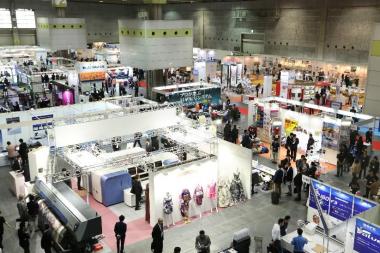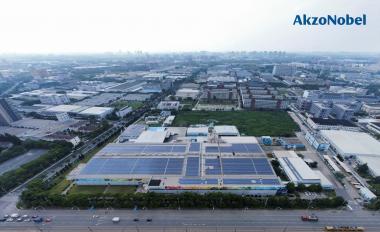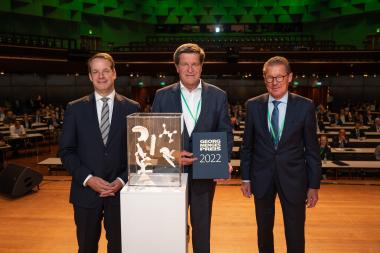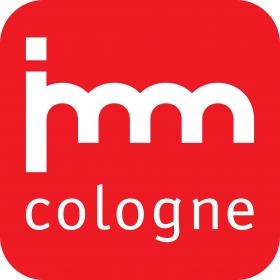Bjørn Gulden to become CEO of adidas AG
The Supervisory Board of adidas AG resolved upon the succession for adidas CEO Kasper Rorsted. Effective January 1, 2023, Bjørn Gulden is appointed as member of the Executive Board and CEO of adidas AG. Kasper Rorsted and the Supervisory Board mutually agreed that he will step down as CEO and leave the company upon expiry of November 11, 2022. Harm Ohlmeyer, Chief Financial Officer of adidas AG, will lead the company in the interim until December 31, 2022. The Supervisory Board had announced a CEO transition on August 22, 2022.
Bjørn Gulden is 57 years old, Norwegian and has been CEO of Puma SE since 2013. Bjørn Gulden looks back at a tenure at adidas as, amongst others, Senior Vice President of Apparel and Accessories from 1992 to 1999. Additionally, he was CEO of Danish jewelry brand Pandora, Managing Director of footwear retailer Deichmann, President of Rack Room Shoes, and held various management positions at outdoor apparel company Helly Hansen. He also holds the position of Chairman of the Board of Salling Group, Denmark’s largest food retailer.
“We are very pleased to welcome Bjørn Gulden back at adidas. Bjørn Gulden brings almost 30 years of experience in the sporting goods and footwear industry. As a result, he knows the industry extremely well and draws on a rich network in sport and retail. Bjørn Gulden already served adidas successfully for seven years in the 1990s. As CEO of Puma, he re-invigorated the brand and led the company to record results. The Supervisory Board of adidas AG is convinced that Bjørn Gulden will head adidas into a new era of strength and is looking very much forward to a successful cooperation,” said Thomas Rabe, Chairman of the Supervisory Board of adidas AG.
adidas AG
































